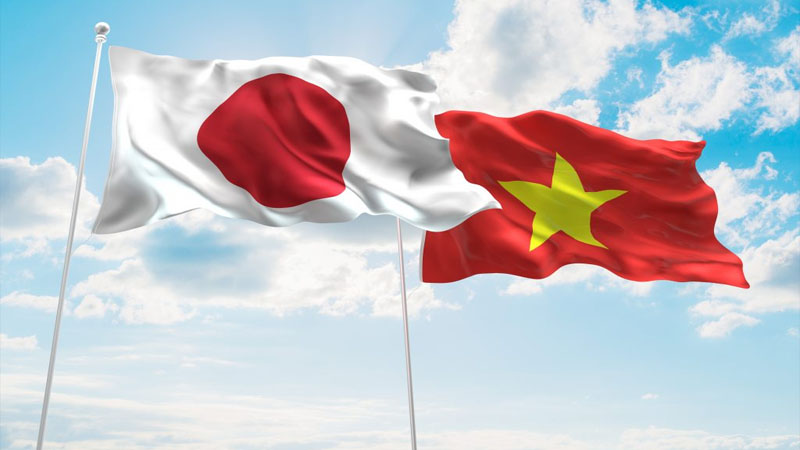Exclusive content

Vietnamese shrimp exports to Japan witnessed a promising uptick in the first quarter of 2024, with a notable 14.4% increase compared to the same period last year. This surge in export turnover, as reported by the Vietnam Association of Seafood Exporters and Producers (VASEP), highlights a positive trend for the industry. However, accompanying this growth are significant regulatory hurdles affecting businesses.
Export Figures and Market Dynamics
The total shrimp export turnover during this period amounted to USD 686.347 million, showcasing a robust expansion. The top five import markets for Vietnamese shrimp include China & Hong Kong, the US, Japan, the EU, and Australia, respectively.
Notably, shrimp exports to Japan reached nearly USD 103 million in Q1 2024, representing a slight decline of over 2% compared to the same period last year. Despite a strong start with a 30% increase in January, exports to Japan subsequently faced declines of 21% and 10% in February and March, respectively.
Shrimp Product Composition and Pricing
In terms of product composition, whiteleg shrimp dominated exports to Japan, accounting for 69% of shipments. Other shrimp varieties constituted 16%, with the remainder consisting of black tiger shrimp. Notably, exports of Vietnamese whiteleg shrimp products saw increases in both fresh/frozen and processed forms.
The average price of frozen whiteleg shrimp exports to Japan ranged from USD 9 to 9.2 per kilogram, while frozen black tiger shrimp ranged from USD 12.6 to 14.1 per kilogram. Despite a decrease in average export prices over the same period, prices have shown an improvement compared to late 2023.
Regulatory Challenges Impacting the Industry
One of the significant challenges faced by Vietnamese shrimp exporters is the stringent regulatory environment in Japan. Specifically, Japan maintains strict standards on the permissible limit of Doxycycline antibiotics in imported seafood.
VASEP has actively engaged with the Ministry of Agriculture and Rural Development to advocate for aligning Japan’s Doxycycline limit regulations with international standards, such as those observed by the EU, China, and New Zealand. This advocacy is crucial to facilitate smoother trade and uphold industry competitiveness.